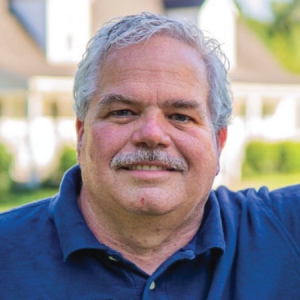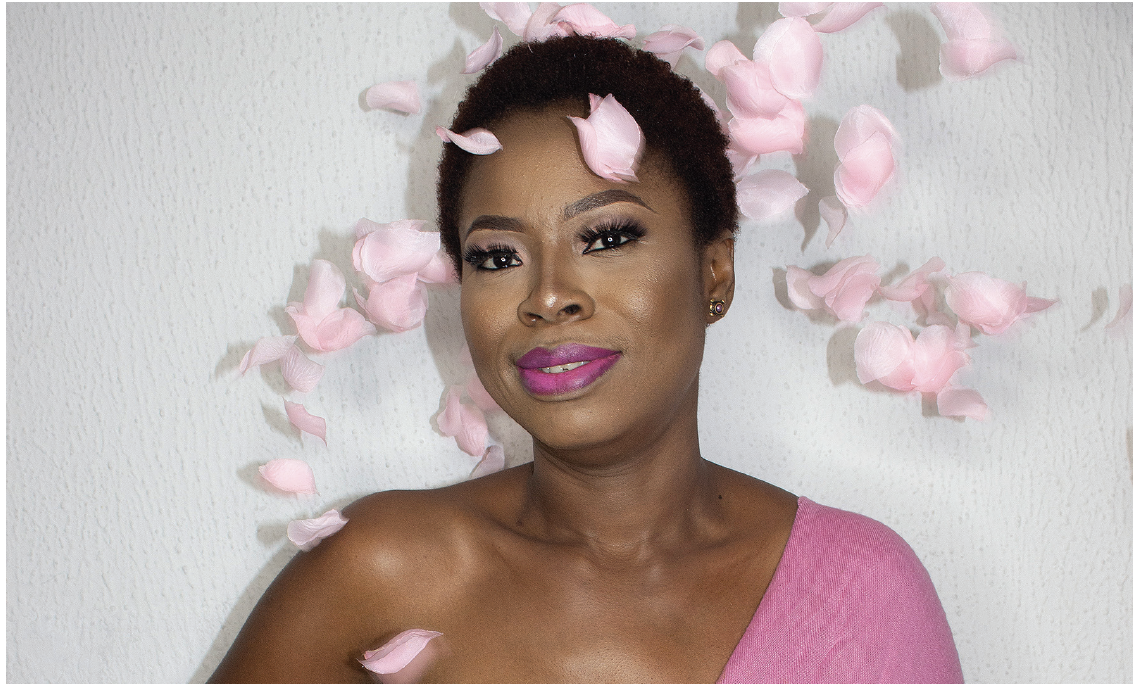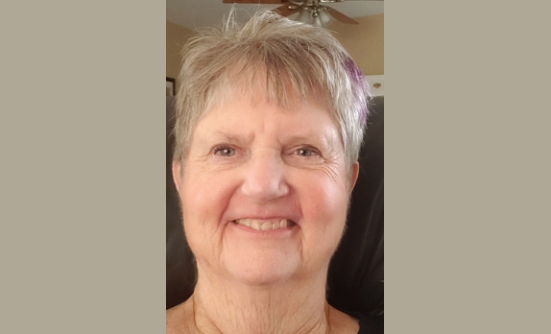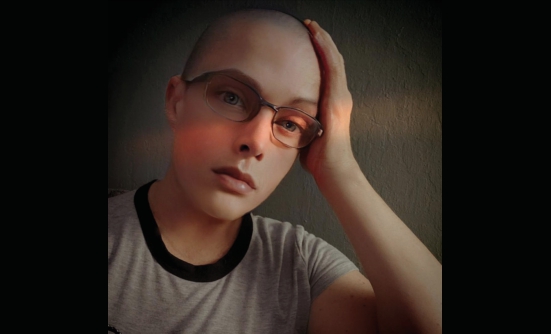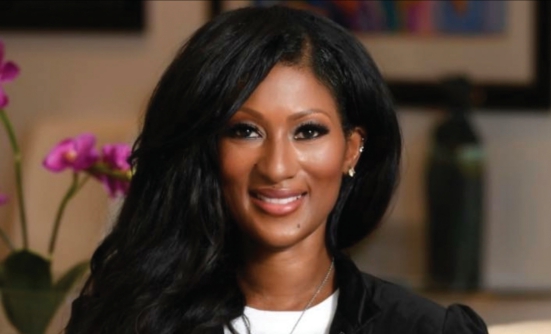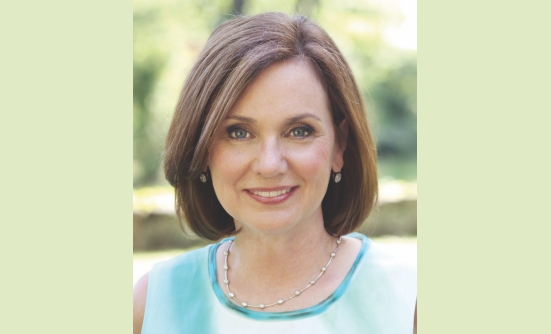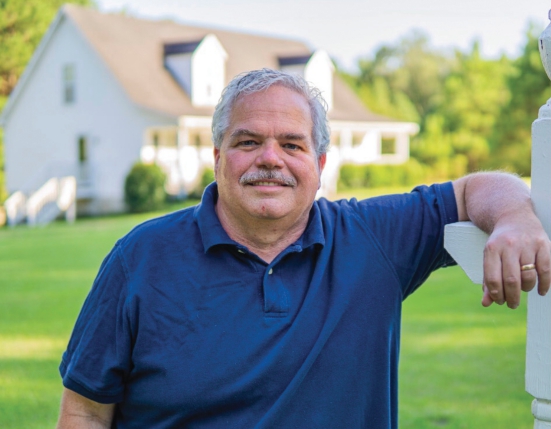
It was 1993, I was 25 and was 10 days away from marrying the woman of my dreams. I was also between jobs, cleaning a house for a friend who is also a primary care physician in my town. As I was packing up for the day, he asked how I was. I said I was pretty stressed and had pain in my lower back. I had been preparing the apartment we were moving into after the wedding. I thought the back pain was from sleeping on the apartment floor, because our furniture had not yet arrived.
He was concerned and asked when my last physical exam was. I said I had not had one in years, because I was young and healthy and assumed I had no need for it. He told me to humor him and come by his office the next day for a physical exam.
Physical Exam
I went to his office the next morning and had several blood tests, and then he did the old hernia check with the turn and cough. While checking the old “nut sack,” he said, “I noticed you only have one testicle” and asked if that was ever a concern. I said the last time I had seen my doctor he said it should not concern me; some men are born that way.
But being a uniballer in fact had been a source of embarrassment for much of my adult life. I had concerns about sexual performance before my marriage, and wondered if it would prevent me from having children. My friend the doctor assured me that one testicle would work just fine, “but.”
You never want to hear “but” from a doctor. He said there was a chance the undescended testicle could be cancerous (undescended testicles are associated with a small increased risk for cancer). This would not be the only time I would hear the word “cancer” in my life. So, what I thought would be a simple physical exam had resulted in a full panic attack that day. It was a week from my wedding, and I was told that I might have testicular cancer!
Facing the Music
What should I do? Cancel the wedding? How do I tell my soon-to-be wife that she might be marrying a patient with cancer? The doctor calmed me, gave me a pamphlet on testicular cancer, and told me to come back the day after I get back from my honeymoon.
I decided not to tell my fiancée about the potential for cancer. It would turn into the first argument of our new marriage. She did not like that I had kept this information from her. I just didn’t want to ruin the special day for us, and decided to shoulder the burden alone, which many men do when facing a possible cancer diagnosis.
A couple of days before the wedding, I remember telling one of my best friends at the time about my physical exam. The stress of the exam was getting to me, and I felt I had to share my feelings with someone. I needed an advocate, and I turned to a friend for support.
My friend’s reaction was that guys don’t like talking about losing a “nut,” which is just private. You should just keep it to yourself till you find out if you really have cancer, he said. That probably wasn’t the best or the most supportive advice at the time, but I decided to go with it and move on.
After the wedding I told my wife what was going on. I had no doubt she would support me no matter what we were facing. When we got back from our honeymoon, I had an MRI, a surgery to remove the undescended testicle, and then waited almost 3 weeks for the pathology report. Luckily, no cancer was found, and I just lost something I never had in the first place.
At the time, my wife and I decided to put all this behind us and enjoy our new life together. Although I never forgot how lost I felt with a possible cancer diagnosis, I would need to remember how I felt not having someone to advocate for me at the time, when I would be facing a true cancer diagnosis in the future.
Life Moves On
The first 15 years of our life together went by fast. We built our family home across the street from my parents. We had 2 children, and once again I had slacked off on my physical exams, which is common among young men.
My wife had been urging me to go for my routine physicals, because of my experience with the first cancer scare. Once we moved into our apartment, I had to find a new primary care doctor. I made an appointment at a local clinic and saw a doctor who happened to be the doctor my parents were seeing at the time.
That doctor noticed that I included most of the family health issues in my medical history but left out some details. As I said, it’s never good when a doctor says “but,” which became a recurring theme with my eventual cancer diagnosis. He said I had left out prostate cancer in my family history, saying that for several years, my dad had shown signs of early-onset prostate cancer. The doctor had been encouraging him to seek treatments for years, because my dad’s prostate was enlarged, and the results of his prostate-specific antigen (PSA)—a test used to detect prostate cancer—were always abnormally high.
I was 41, and he said I was too young to have prostate cancer but he had seen early-onset cancer in men much younger than 60, my dad’s age at the time. The doctor suggested that I get a PSA test and a digital rectal examination (or DRE) that day, as a baseline. This was 2008, but today a DRE is not a required exam for diagnosing prostate cancer.
Today, men are encouraged to get a PSA test annually after age 45, and earlier if they have a family history of prostate cancer. My dad made the decision not to treat his prostate cancer, and in 2017 he died of the disease, at age 82. I was diagnosed with cancer a year later.
Before my dad’s death, I spent the last 2 weeks with him in hospice care as his caregiver. He told me he regretted not listening to his doctors and not getting proper medical care. It was too late for him to get any treatment.
Advocacy & Men
I had tried for years to advocate for my dad to get treatment. As I look back, I realize that no matter how hard you push, advocacy can fall on deaf ears, especially among men. I also learned later what a hypocrite this would make me when I faced my own cancer diagnosis: for a moment I didn’t even want to treat my cancer. But my wife would not hear of this, and she advocated for me to seek treatment. I am glad I listened to her, and I am alive today thanks to her.
So, today I advocate for and educate men about proper cancer screenings in the memory of my dad.
While caring for my dad before he died, I had some signs of colorectal cancer, including blood in my stool, unusual or no bowel movements, and unexplained fatigue. When I searched online, I read that hemorrhoids and stress were likely the culprit, but that these signs could also mean colorectal cancer in “older adults.”
I chalked it up to my stress as a caregiver. I was only 49 and thought I was too young for colorectal cancer, but I was wrong. In fact, by the year 2030 colorectal cancer is predicted to be the number one “cancer killer” among adults ages 20 to 49. It’s currently the fourth top cancer killer.
Early Diagnosis Is Key
At the urging of my wife, I went to my doctor to inform him of my symptoms. He told me to schedule a colonoscopy, but I had to reschedule it, because my mom died of a massive heart attack a couple of days before my scheduled colonoscopy. The symptoms seemed to fade, but after a couple of months they returned, and I rescheduled the colonoscopy.
I understand the fear of a colonoscopy, but if colon cancer is detected early, or if precancerous polyps are removed, it can save you years of treatment and pain. A few days of discomfort and recovery is worth the alternative.
I endured a 7-hour surgery to remove a 7-cm tumor in my colon, I lost a foot of my colon, and had 40 lymph nodes removed, 3 of which were cancerous. Because the cancer was in my lymph nodes, it would have easily spread to other parts of my body without proper treatments. The next step was 6 months of 2 types of chemotherapy. If I had gotten screened at a younger age, my cancer would likely have been caught earlier and the treatments probably easier.
My stage IIIB colorectal cancer was diagnosed in May 2018, at age 50, through what was then routine screening for my age. Now, as a result of years of advocacy, the screening age for colorectal cancer was recently lowered. Today, routine colorectal cancer screening begins at age 45. This cancer is no longer known as “the older man’s disease,” and it affects men and women at the same rate.
Reasons for Becoming an Advocate
This is one reason I am now a cancer advocate. We have so much more research to do about cancer, because some treatments date back to the 1950s. We also need more research on how to detect cancer early, as well as better treatments. And we need more clinical trials, to help patients get new therapies early and survive cancer.
You should know that colorectal cancer can be in your body for 7 to 10 years before you have any symptoms that would lead to a diagnosis. For the cost of an early colonoscopy, I could have avoided years of expensive cancer treatments.
This is why I now advocate for everyone to get screened for common cancers, and to get educated about how cancer can affect our body. Doing monthly self-exams for certain cancer and having regular exams by your primary doctor is a great way to detect cancer early.
I currently work with 2 organizations (www.colontown.org and www.manuptocancer.com) that offer emotional support and advocacy to fellow patients with cancer. Being involved in the cancer community brings purpose to my survivorship and hope to others.






